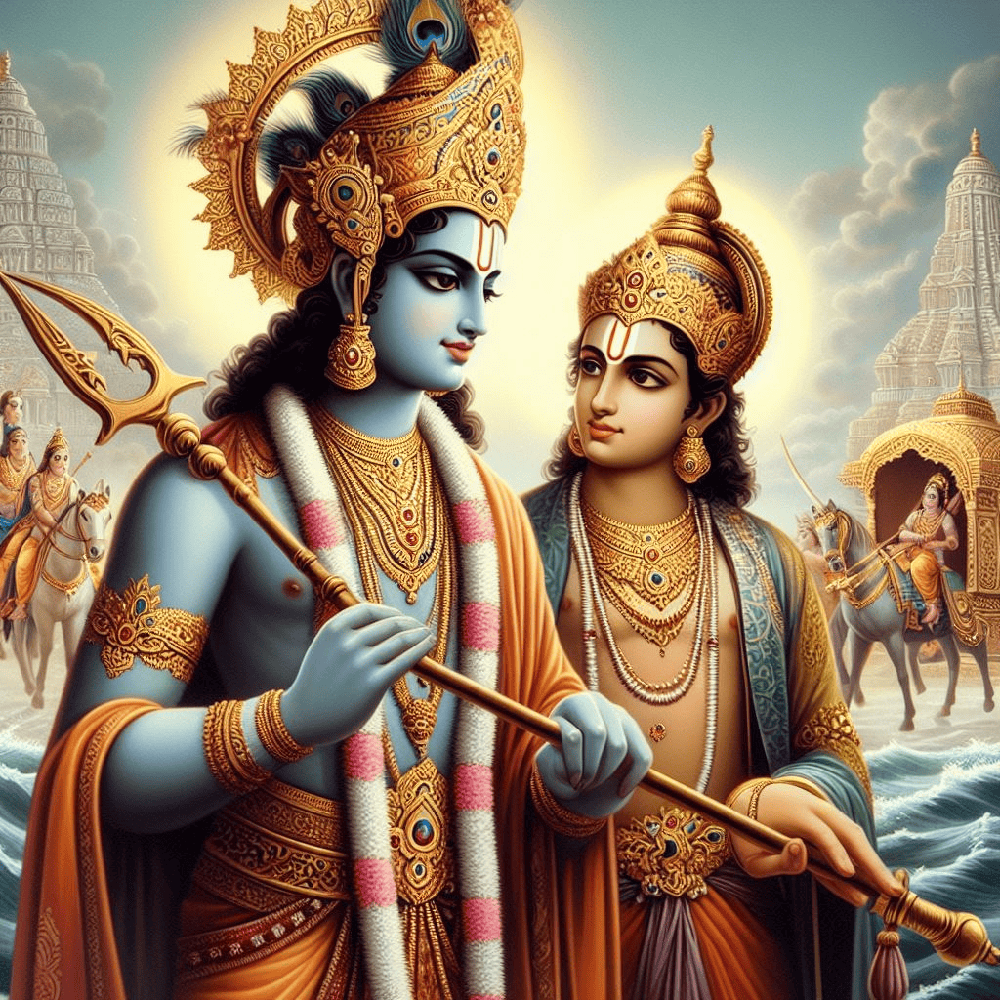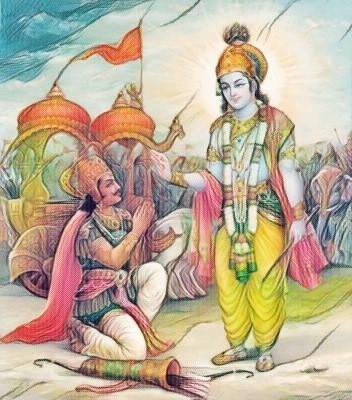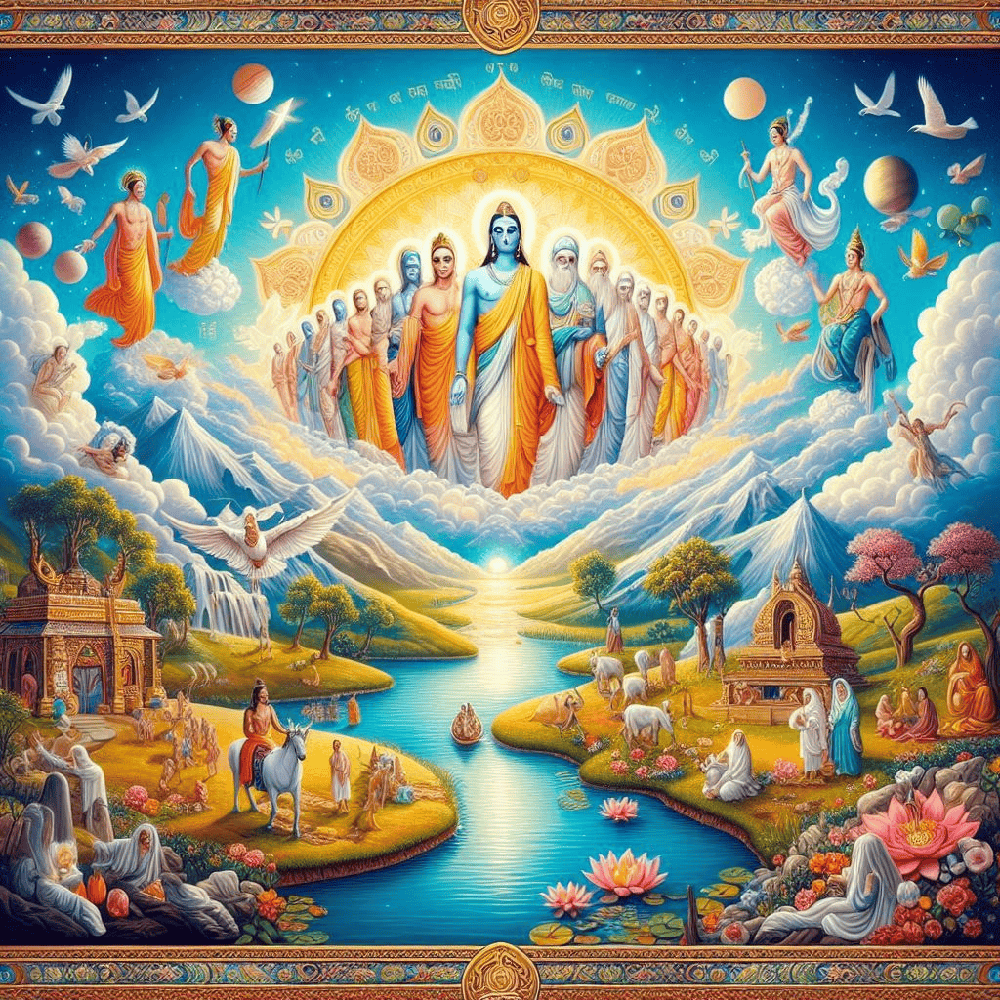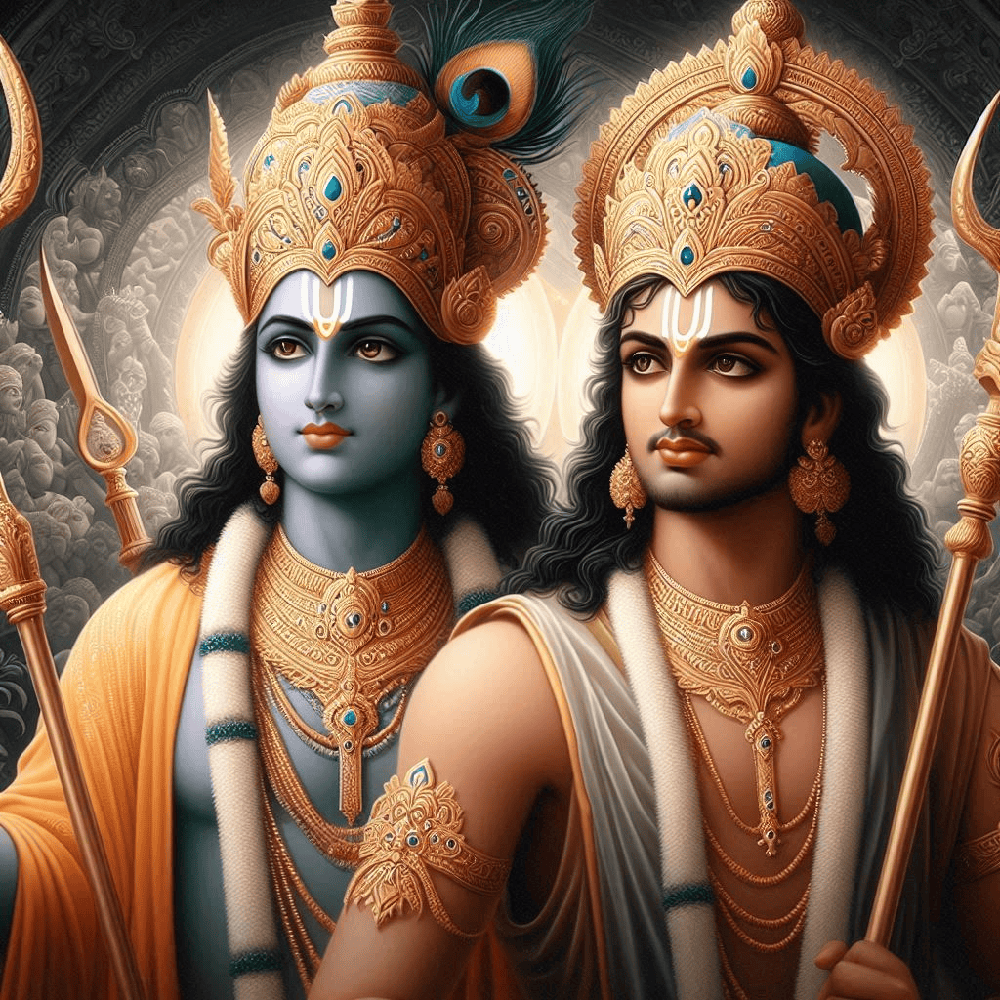Contradictions In Gita
By Diptimayee parida | bangalore August 19, 2017
The Bhagavad Gita is full of contradictions. It is very difficult to understand and can only be comprehended by seeing it in its totality. In the Gita, at one point, Krishna tells Arjun that action is the most important and that without action, one will be nowhere. However, in another place, he tells him that action is good, but knowledge is better. Krishna also says, "You must become a yogi and drop everything around you." In another instance, Krishna tells him that he is intelligent enough to see action in inaction and vice versa. Thus, every action has inaction, and every inaction has an action connected to it.

Krishna tells Arjun in Chapter Six that if he is confused, he must meditate. Finally, he says that he is the actual yogi, as he is with him in every condition, whether he meditates or not.
In another place, Krishna says to Arjun that no one is dear to him and then gives a list of qualifications for those he really loves. Krishna is like a best friend to Arjun. Except for Vidur and Udhava, nobody, including Arjun, thought he was enlightened. According to them, they are very smart.

Then, Krishna gives him a vision for a moment; he saw the universe appear as a manifestation of Krishna to Arjun. Arjun sees all of creation - everything, the mountains and the rivers, the past, present, and future - dissolving in Krishna. For an instant, the whole of life, the universe, and all memories play out like a movie, frightening Arjun. This is called the "Vishwa Roopa Darshana," the vision of the universal.

Krishna spoke about yagyas, principles, and laws of the universe, sanyasa, and how to be centered. But, in the end, it was the display of the universal vision that worked on Arjun. When Arjun wants to give up, Krishna tells him to think and do what is best for him. Then, Arjun's mind is clear. Krishna had to speak through 18 chapters to get him to this point. Krishna could have done it in the first chapter, but it is a beautiful way to flow this knowledge.
Hence, everything may seem contradictory from all angles, but that is the reality.

Conclusion:
As we conclude our exploration of the Bhagavad Gita, we're reminded of its profound impact on our lives. May its teachings guide us towards spiritual growth, self-realization, and universal love, and may we embody its wisdom in our daily lives.
Embark on a journey of self-discovery and spiritual growth with the Bhagavad Gita. Share your experiences, insights, and questions with us, and let's explore its timeless wisdom together.



